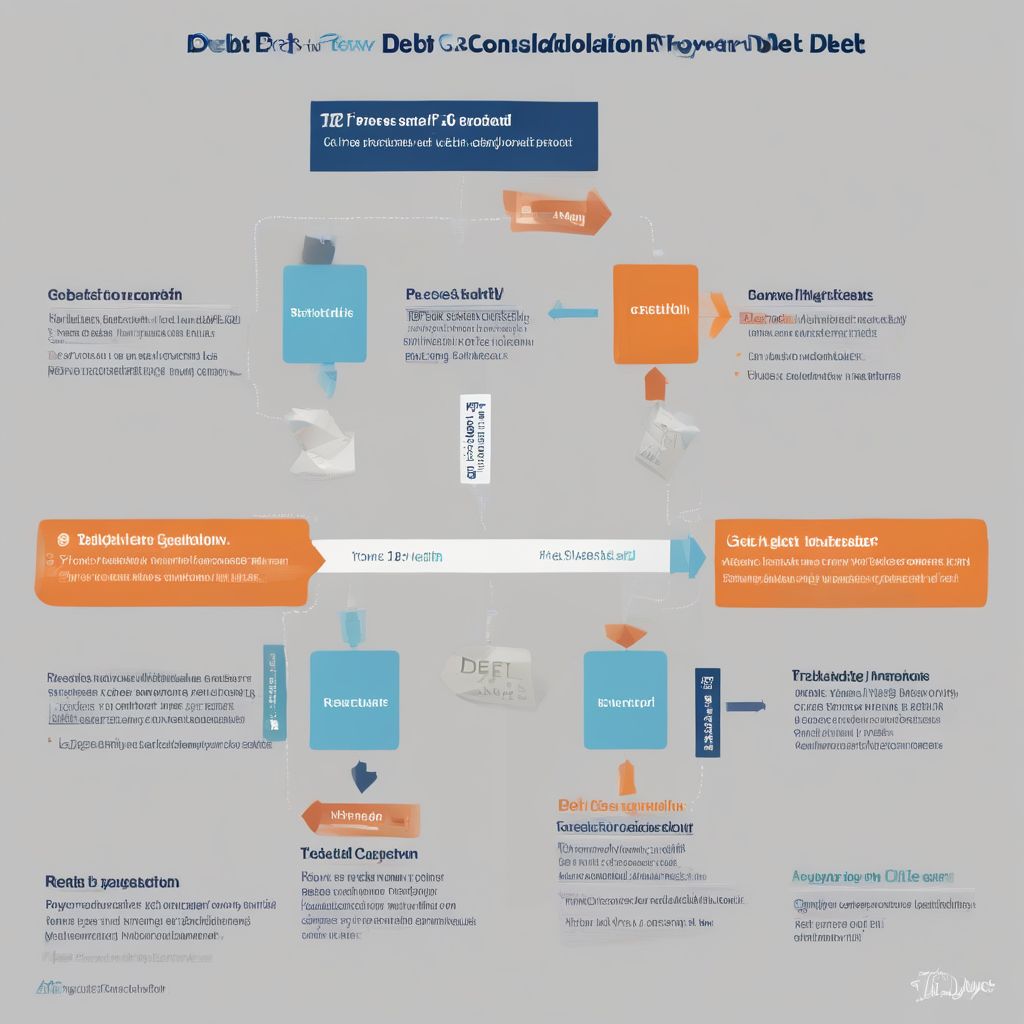Are you feeling overwhelmed by multiple debt payments? Do you struggle to keep track of different interest rates and due dates? If so, debt consolidation might be the solution you’ve been searching for.
Imagine simplifying your finances, having just one manageable payment each month, and potentially even lowering your interest rates. That’s the power of debt consolidation.
Understanding Debt Consolidation
In essence, debt consolidation involves taking out a new loan to pay off several existing debts. This leaves you with a single monthly payment to manage, ideally with a lower interest rate than your previous debts combined.
h2dstory.com/wp-content/uploads/2024/08/debt-consolidation-chart-66b6e4.jpg" alt="Debt Consolidation Chart" width="1024" height="1024">Debt Consolidation Chart
Why Consider Debt Consolidation?
Debt consolidation can be a powerful tool for regaining control of your finances and achieving your financial goals. Here are some key benefits:
1. Simplified Finances:
Juggling multiple debts can be stressful and confusing. Consolidating your debts simplifies everything into one monthly payment, making it easier to manage your money and avoid missed payments.
2. Potential Interest Savings:
Often, consolidation loans come with lower interest rates than high-interest credit cards or payday loans. This can save you money on interest payments over the life of the loan.
3. Improved Credit Score:
Consistently making on-time payments on your consolidation loan can boost your credit score over time, making you eligible for better loan terms and interest rates in the future.
Common Types of Debt Consolidation Loans
-
Personal Loans: Offered by banks, credit unions, and online lenders, personal loans provide a lump sum of money that can be used to pay off various debts.
-
Balance Transfer Credit Cards: These cards offer a low or 0% introductory interest rate for a limited time, allowing you to transfer high-interest balances and potentially save on interest charges.
-
Home Equity Loans or Lines of Credit: These options leverage the equity you’ve built in your home but come with the risk of foreclosure if you default on the loan.
Is Debt Consolidation Right for You?
Debt consolidation isn’t a one-size-fits-all solution. Consider these factors:
-
Your Credit Score: A good credit score will generally qualify you for lower interest rates and better loan terms.
-
Total Debt Amount: Determine if consolidating your debts will result in significant interest savings over the life of the loan.
-
Spending Habits: Address any underlying spending habits that contributed to your debt to avoid falling back into the same cycle.
Take Control of Your Finances
Debt consolidation can be a powerful tool for simplifying your finances and potentially saving you money. Carefully research your options, compare offers from different lenders, and assess whether debt consolidation aligns with your financial goals and circumstances. Taking control of your debt is the first step towards a brighter financial future.
If you have any further questions or want to explore your debt consolidation options, don’t hesitate to reach out to a financial advisor. They can provide personalized guidance and help you make informed decisions about managing your debt effectively.

